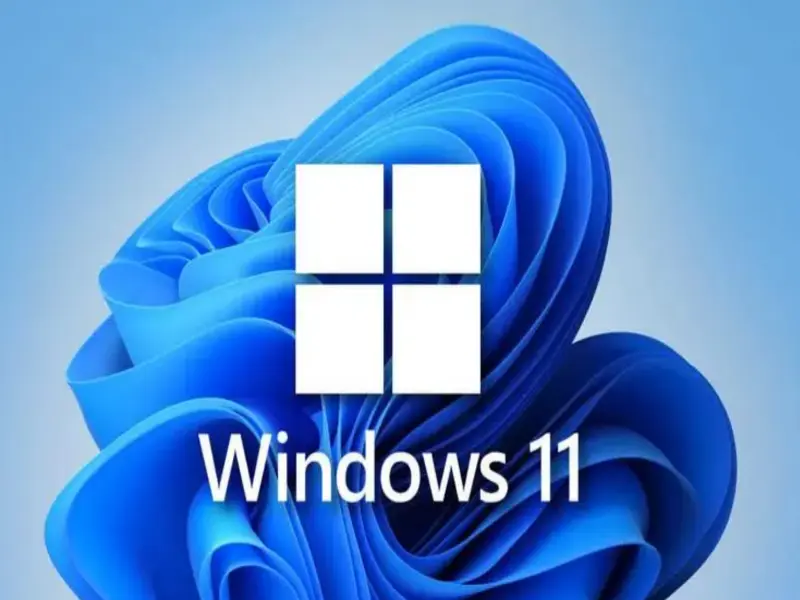- Microsoft will allow users to install Windows 11 on unsupported PCs, but they will forfeit support and updates, including security patches.
- Users face risks such as compatibility issues and a watermark indicating non-compliance, with a deadline for Windows 10 updates set for October 14, 2025.
What happened: Windows 11 installation risks clarified by Microsoft
Microsoft has updated its support page to clarify its stance on installing Windows 11 on PCs that do not meet minimum hardware requirements. Users can still install the operating system, but they do so at their own risk, with no support or updates provided. This includes compatibility issues, a watermark indicating non-compliance, and an explicit warning that any damage due to a lack of compatibility won’t be covered under warranty. Microsoft has reiterated the importance of the Trusted Platform Module (TPM) 2.0 requirement, labelling it as non-negotiable. Although the deadline for Windows 10 updates remains set for October 14, 2025, users who upgrade without meeting hardware standards will lose the ability to revert back to Windows 10 after ten days. The lack of clarity on compatibility issues further complicates the decision for users contemplating the upgrade.
Also read: Microsoft shareholders reject Bitcoin reserve proposal
Also read: Microsoft expands Recall for AMD-based Copilot PCs
Why this is important
This update from Microsoft highlights significant implications for users considering the transition to Windows 11, especially those with older hardware. As the tech landscape evolves, understanding the necessity of TPM 2.0 is crucial, as it plays a vital role in ensuring the security of modern operating systems. Many users are reluctant to upgrade due to the perceived risks and the unclear benefits of meeting Microsoft’s minimum requirements. The potential for compatibility issues raises concerns about stability, which could affect productivity and user experience.
Additionally, the decision to halt support for unsupported installations poses a dilemma for users who prefer to stick with Windows 10. The option to purchase Extended Security Updates (ESU) may not be appealing to all, especially with an unclear annual cost. This situation underscores a broader industry challenge: the balance between encouraging upgrades for better security and maintaining user satisfaction. Microsoft’s communication regarding these changes has been less than clear, leaving many users frustrated and uncertain. As software increasingly relies on hardware security features, users must weigh the risks of remaining on outdated systems against the potential benefits of upgrading, making this a crucial moment in the ongoing evolution of Windows operating systems.

